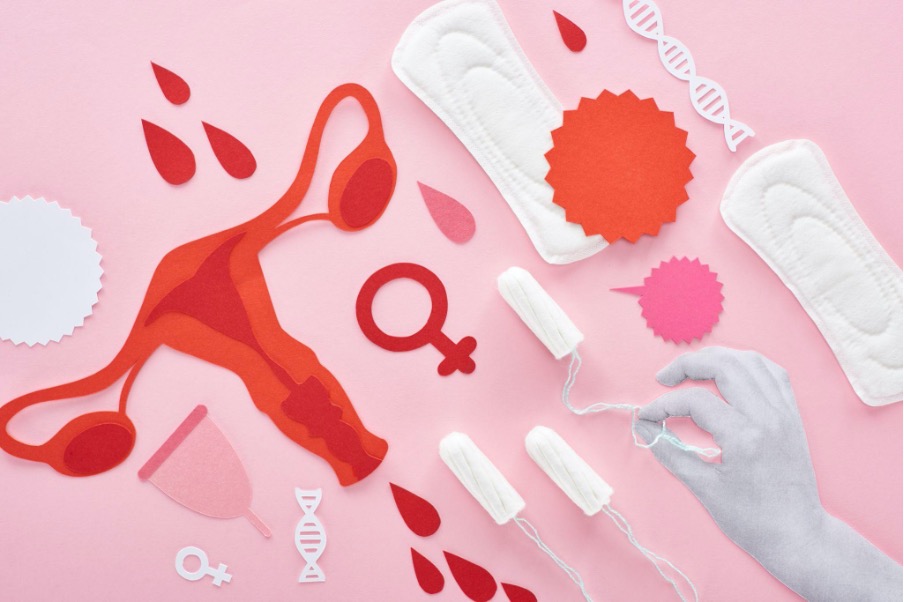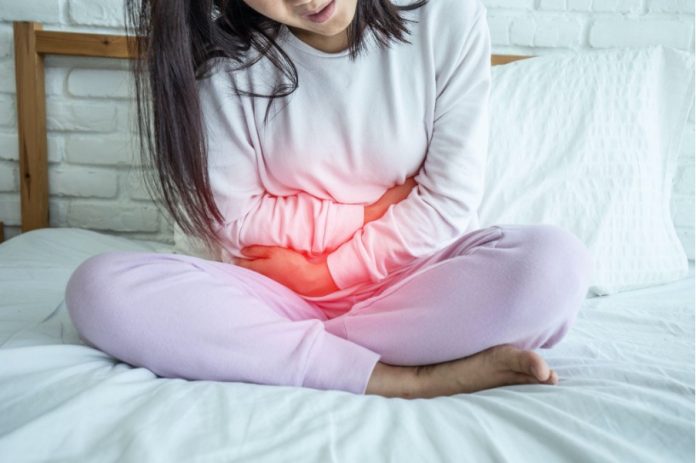As I graduated high school back in June 2022, being enrolled under the February intake meant I had a chance to study in Taiwan before coming to Australia.
It was during my time in Taiwan that I stumbled upon the term “menstrual leave”: a leave that grants those in need to take a day off every month without any form of certification.
As a person who suffers discomfort associated with periods, ranging from gut-wrenching (this is literal) stomach cramps and tension headaches to numbness of legs, knowing I was entitled to a day off made things easier.
Fast forward to February 2023, I was sitting in a classroom at the University of Sydney. Curled up in my seat, I was again enduring that monthly pain of what felt like an eternal hell, unsure if I was eligible to miss the class, nor if the professor would understand.
To my knowledge, there isn’t a student leave application portal in Usyd; there is a portal for assignment extension, but menstrual pain is not shown as a valid reason.
Some may think the issue is simple: if you’re not feeling well, write to the professor, stay home.
Indeed, through chats with local peers, I found out that people here rarely have second thoughts about taking sick leaves, at least compared to the culture I grew up in – a mentality I wish I was exposed to rather than one that glorified sick people working as ‘persevering’ and “responsible”.
True enough, my professor was very understanding about my cramps and advised me to just write her an email in the future. While I appreciated my professor’s kindness, this experience also led me to think about the significance of an official ‘menstrual leave’ entitlement in Australia’s multicultural diverse society.
Speaking of what might be a collective memory of many Asian daughters, my Taiwanese mom always served me copious amounts of ginger tea and Chinese herbal medicine instead of resorting immediately to painkillers like many of my Australian peers would have taken.
Adhering to Chinese medicine theory, I was also told to avoid cold beverages and food classified as “cooling” in nature, including radish, coconut and watermelon, as they are believed to decelerate blood flow and expel body heat which leads to worse period cramps. Comments such as “don’t wash your hair during your period” – an idea considered a myth in Western medicine – were also commonly mentioned.
As both Western and Chinese medical studies each have their respective theories, approaches and beneficiaries, I’ll leave the debates and debunking out of this discourse. Regardless, it is evident my diet and routine during my period revolved around Chinese medicine theory. While my mom allowed me to take panadols as a last resort to my period cramps, I have heard of Asian parents who are completely against it in fear of “kidney damage” in the long term.
Apart from the stark contrast of how menstrual pain is handled, growing up in Indonesia and raised by a Taiwanese mom meant that open discussions on ‘menstruation’ was
something I had to ‘learn’ and get used to. At certain times, the idea almost felt like something ‘pioneering’ or ‘westernised’.
And how could I not?

On the first day I had my period, I was reminded to ‘hide my pads’ when I use public toilets. In many conversations I had with friends and relatives, euphemisms such as ‘that’, ‘your auntie’ and ‘your best friend’ were used to refer to women’s period – mentioning the word “menstruation” was akin to uttering Voldemort’s name.
In some later discussions with mom and my friends, I found they do acknowledge it as a natural occurrence. The habit of applying euphemisms and hiding pads were merely remnants of what the previous generation taught them, adopted without much thought.
Consequently, while social media campaigns and anecdotes have allowed me to understand that there is nothing wrong with talking about menstruation, the entrenched characterisation of “menstruation” as a subject to be kept secret had an impact on me.
To this day, I still find myself falling into this subconscious sheepishness whenever I have to explain to an acquaintance (especially male) that I am not feeling so well due to my period.
At the University of Sydney, where students come from various backgrounds and countries, having the title ‘menstrual leave’ would not only provide assurance to those who need a day off to recover. It also empowers those who just began to learn how to express their menstrual discomfort to channel their voice without any pressure to mention symptoms.
Don’t get me wrong, I am not trying to push for a “one-day per month” holiday for women. Rather, it is the inclusion of menstrual pain as a legitimate reason for leave.
Nor is this about ascribing privilege to a certain gender (there’s no privilege anyway, we need to get the same work done)- it is about acknowledging menstrual discomfort as anyone would acknowledge fever or physical injuries. We certainly don’t need everyone to sit through a period simulator to understand that periods can be painful.
With formal menstrual leave, we can construct a safe environment where period is normalised. This benefit is a ripple effect extending beyond the scope of USyd students; for those like me whose upbringing censored menstruation, such institutional acknowledgement would help break down the generational stigmatisation. Together, we can cement a path where those in pain are recognised, those hesitant are encouraged, and those who know nothing about menstruation are informed.


